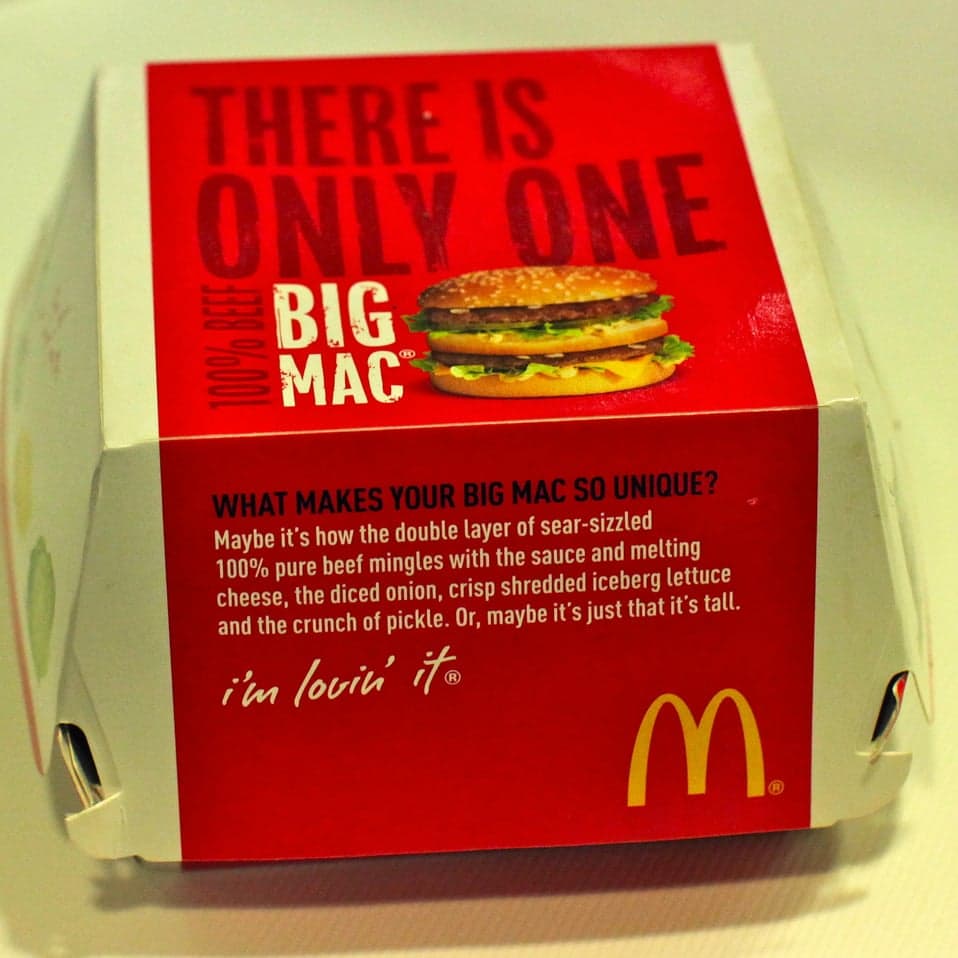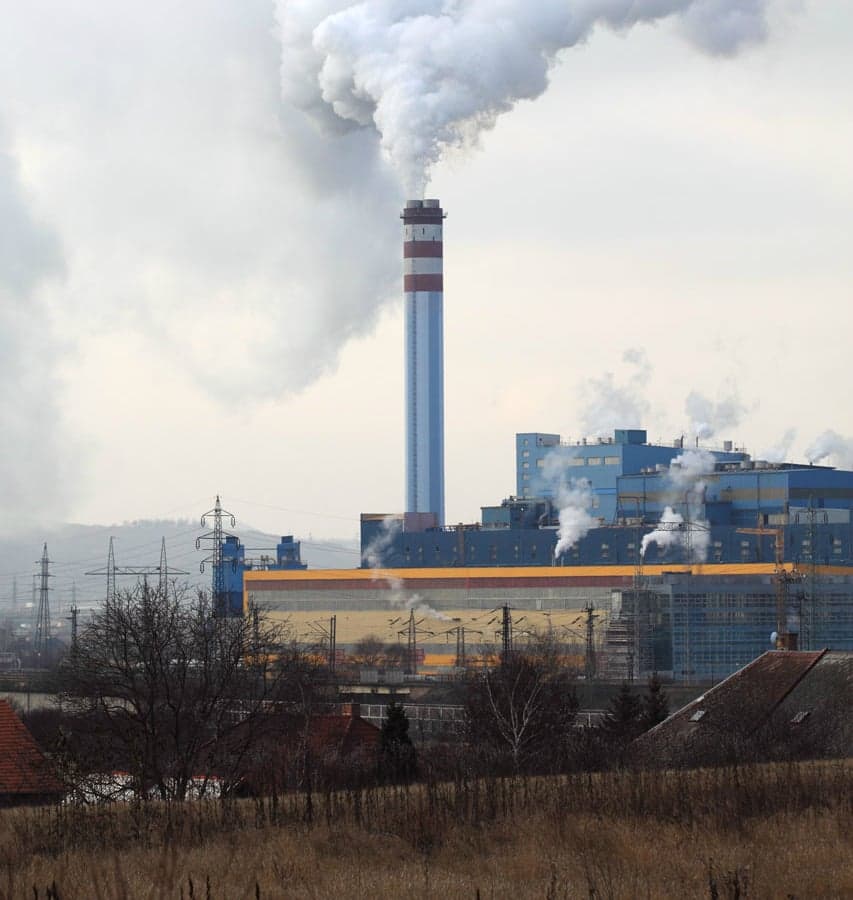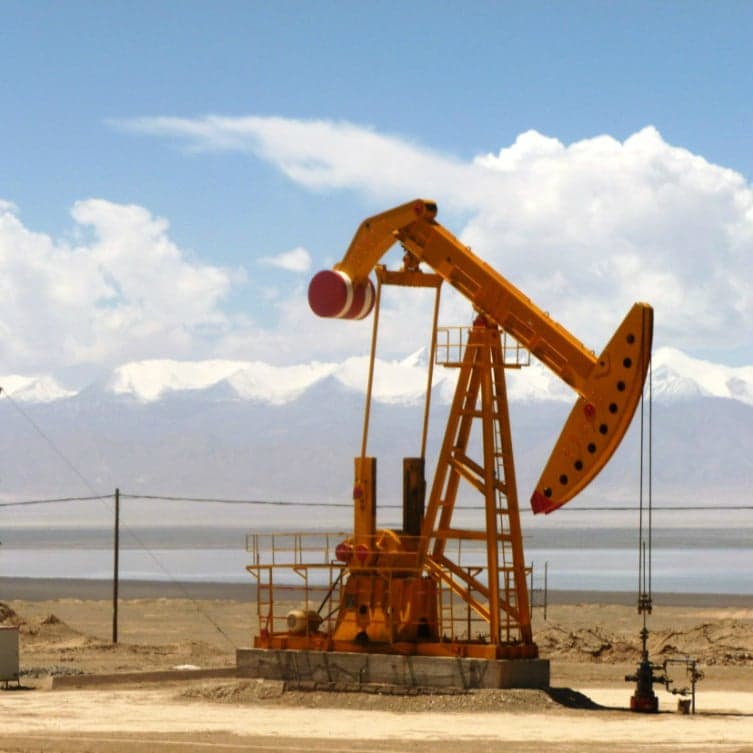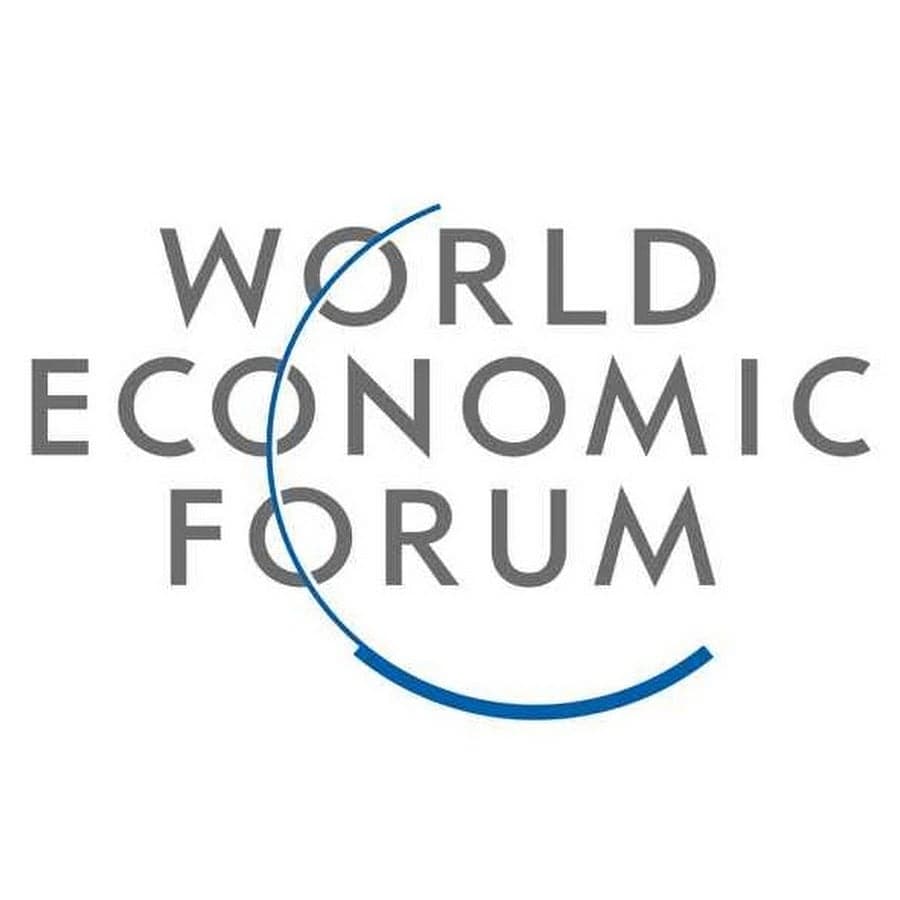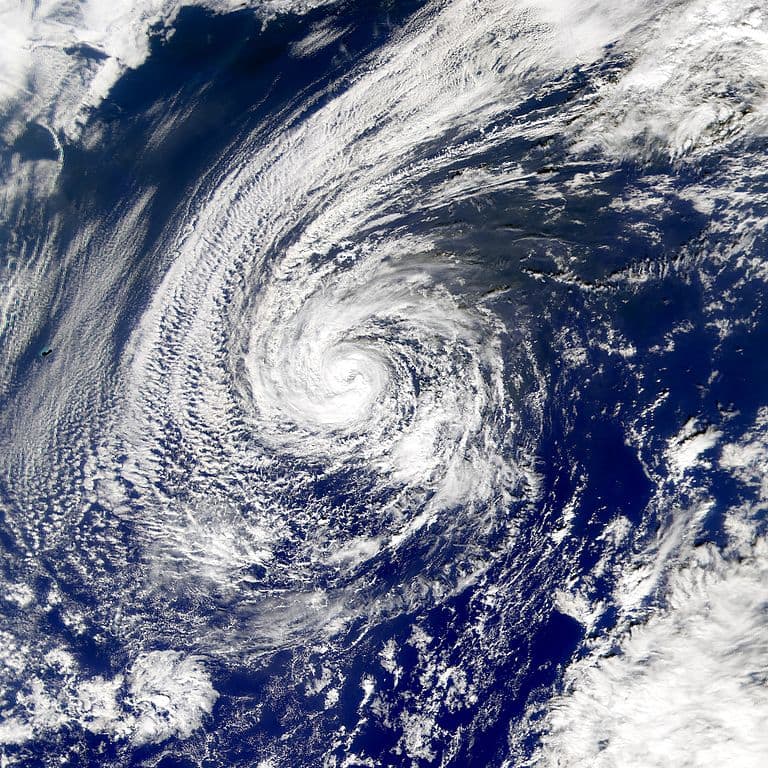New exporting modules were recently published in the globalEDGE Online Course Modules. These modules were created in cooperation with the US Commercial Service, based on content published by the Commercial Service. Topics covered in these modules range from a general overview on beginning to export to rules of origin on specific free trade agreements. These modules will be of interest, especially to small business owners.
Modules of specific interest might be our Developing a Marketing Plan module, Methods and Channels for Exporting, Preparing Your Product for Export, and the Selling Overseas and Aftersales Service module. Each of these modules offers its own range of information that will benefit any business professional who takes the time to listen to them.
To access the exporting modules you can use this link.




